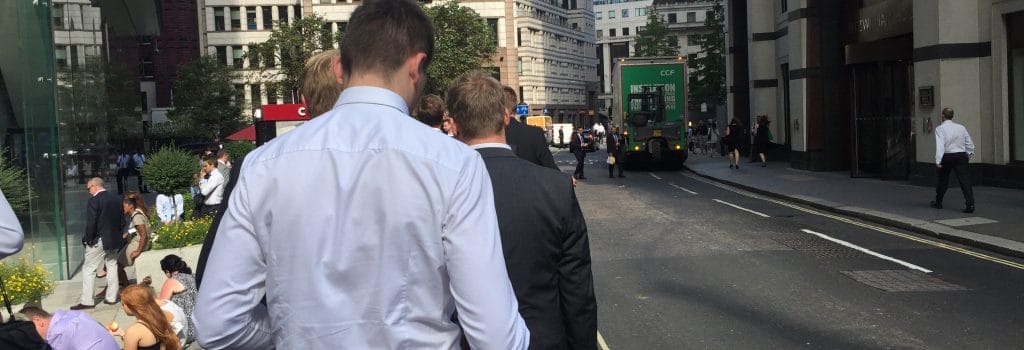Uber drivers- landmark decision regarding the employment status of their drivers

Uber-landmark decision regarding the employment status of their drivers.
Employment lawyer, Philip Landau, explains at the decision.
An Employment Tribunal has today (28th October 2016) ruled that two drivers who provide services to Uber have the status of ‘workers’, even though Uber considered them to be “self-employed partners”. This is the first type of its case to reach the tribunal.
This means the drivers will be entitled to a limited number of employment rights including:
- 5.6 weeks’ paid annual leave each year (pro-rata)
- a maximum 48 hour average working week, and rest breaks
- the national minimum wage (and the national living wage)
- protection of the whistleblowing legislation.
As they are not “employees”, however, they will not be entitled to:-
- the ability to claim unfair dismissal;
- the right to a statutory redundancy payment;
- minimum notice periods;
- maternity, paternity & adoption leave pay.
Background
Uber drivers were alleging that they are being denied a raft of employment rights, because Uber were treating them as “self-employed partners”- what most people would recognise as “freelancers”.
Uber’s position
Uber said:
- That they are not providing a transport service, but are just a technology company which is essentially an “app” putting drivers and end users in touch. They are simply a facilitator of those 2 user groups.
- That the drivers are free to choose which fares to accept and do not have to work at particular times. They are required to maintain their own vehicles and pay for the running costs.
- That the drivers do not have to work exclusively for Uber.
The drivers said:
- Uber control how much passengers are charged.
- Passengers pay Uber for the journey, and then pay a percentage of the fare to the drivers
- Uber require the drivers to follow particular routes.
- Uber uses a ratings system to rate performance.
- Uber therefore have sufficient control over the drivers to warrant a “worker” relationship- not a self-employed one.
Impact
Uber are more than likely to appeal, however other companies who operate similar models in the “gig economy” (for example courier and delivery companies) are likely to face similar claims from their workers. Anyone thinking of bringing a claim based on this decision may want to issue the proceedings, but then have them “stayed” pending the outcome of the appeal process.
To access some external news stories about the Uber decision, you can click below.
